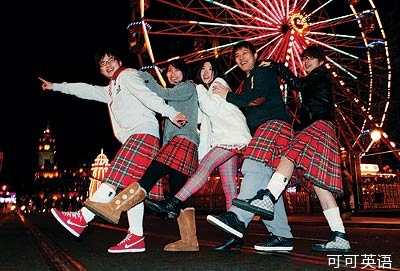
What day is it when your boss tells you to dress up, drink champagne and dance around in front of your co-workers? The clue is the Santa hat on top of your head. For those of us working in the UK, you’re not allowed Christmas Day until you’ve had “Office Christmas Party Day”.











